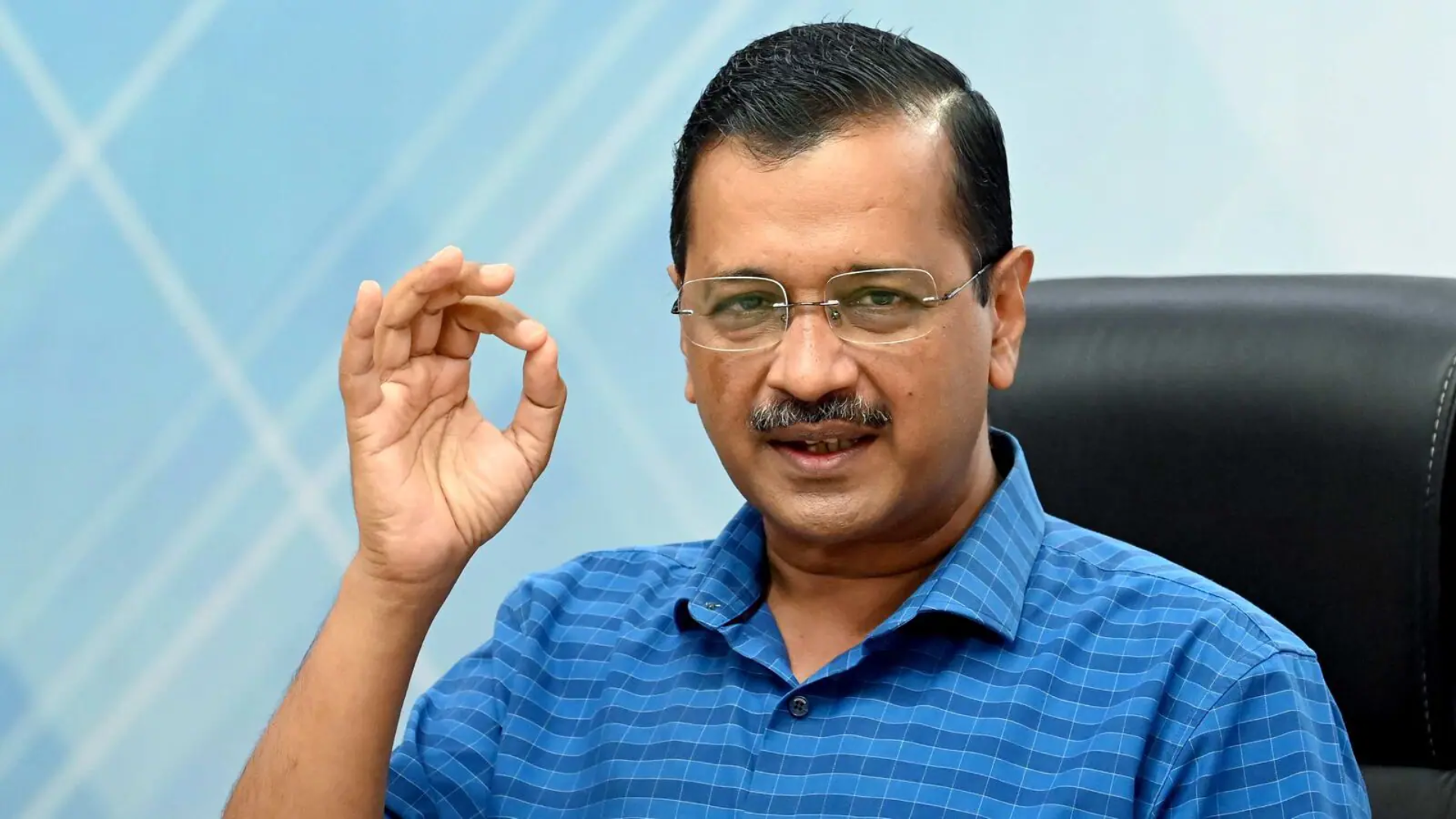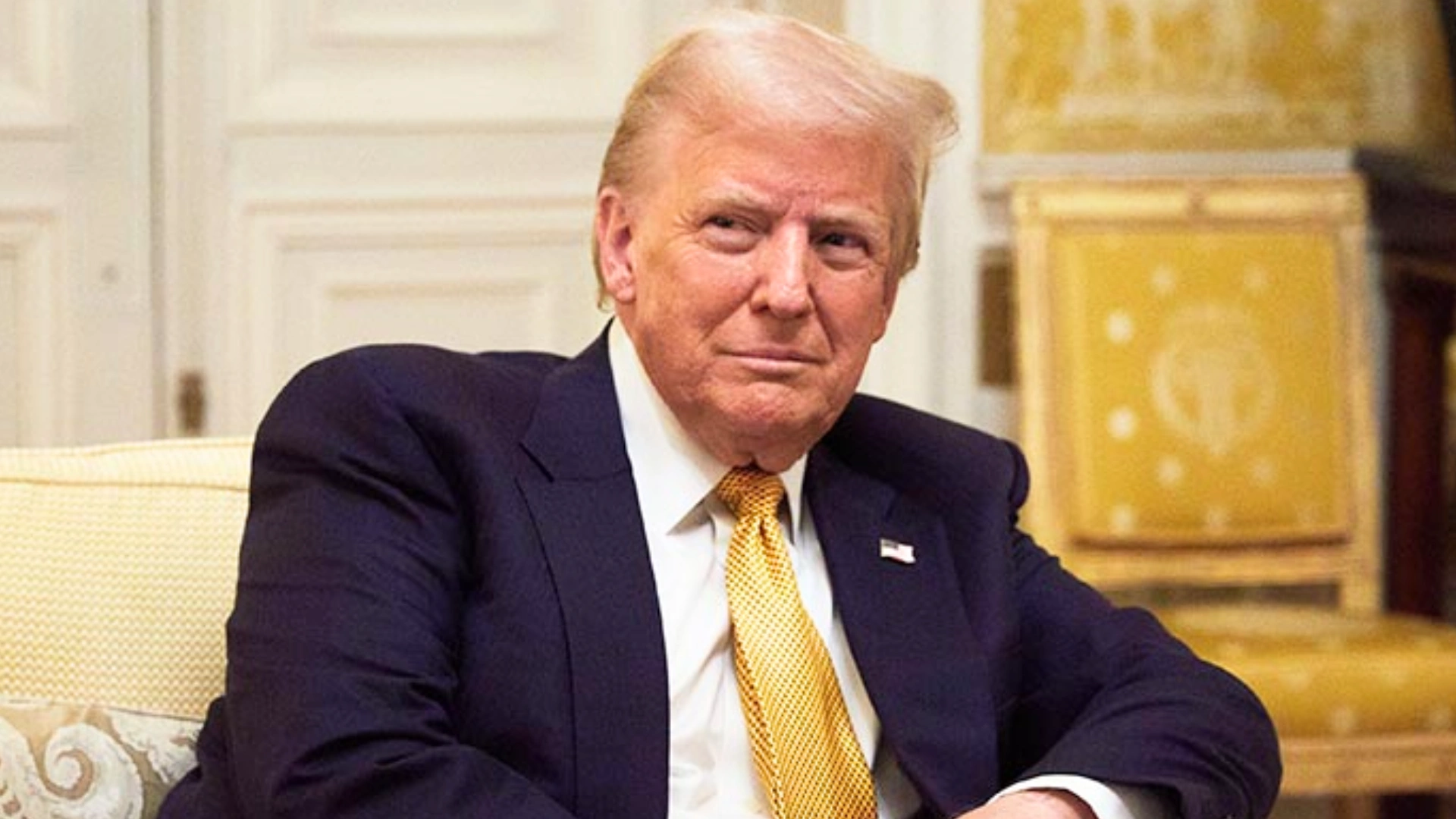New Delhi’s political landscape is once again stirred as Delhi Chief Minister Arvind Kejriwal finds himself entangled in a controversy surrounding his health condition while in judicial custody at Tihar jail. The latest developments have culminated in a court order mandating a thorough medical examination by AIIMS and raising questions about the adequacy of his medical care.
The saga began with Kejriwal accusing the Tihar jail administration of issuing a false statement regarding his diabetic condition, alleging that he had been consistently requesting insulin, which he claimed was denied to him. Kejriwal’s contention was that the lack of insulin administration had led to alarming spikes in his blood sugar levels. However, the jail administration, in a counter statement, claimed that during a video consultation with specialists from AIIMS, neither Kejriwal nor the doctors had raised the issue of insulin.
Amidst these conflicting claims, a city court intervened, directing AIIMS to constitute a medical board to examine Kejriwal’s health and determine the necessity of insulin in controlling his blood sugar levels. The court also highlighted discrepancies in the diet being consumed by Kejriwal, which differed from the prescribed regimen by his doctor. This raised concerns about the adequacy of his medical care within the jail premises.
The court’s order emphasized the need for all necessary medical treatment to be provided to Kejriwal, who is currently incarcerated in connection with a money laundering case linked to the Delhi excise scam. It mandated the medical board to not only evaluate the need for insulin administration but also to devise a suitable diet and exercise plan tailored to Kejriwal’s medical requirements.
In response to Kejriwal’s plea seeking insulin administration and daily video consultations, the court emphasized that while it remains the primary duty of Tihar jail authorities to ensure adequate medical care, specialized consultations would be sought from the AIIMS medical board as necessary. The court underscored the importance of adhering to the prescribed diet plan and ordered regular reporting on Kejriwal’s medical condition.
Kejriwal’s plea shed light on his pre-existing health regimen, mentioning an “Insulin Reversal Programme” that he had been following under careful medical supervision before his arrest. The plea highlighted concerns about the discontinuation of this programme and the absence of insulin administration since his incarceration, raising apprehensions about his deteriorating health condition.
The controversy deepened with allegations from the Enforcement Directorate (ED) suggesting that Kejriwal’s dietary choices, including consuming sugar-laden items, were deliberate attempts to create a medical emergency for obtaining sympathetic treatment from the court. However, Kejriwal’s camp refuted these claims, asserting a lack of evidence to support such allegations and condemning them as vindictive and prejudicial.
ALSO READ : Kejriwal Overloaded With Rejection? Court Rejects Plea For Daily Doctor Consultation Through VC
As the legal battle unfolds, the focus remains on ensuring adequate medical care for Kejriwal while addressing the underlying concerns regarding his health condition and the administration of insulin. The court’s directive for a comprehensive medical examination by AIIMS aims to provide clarity amidst the conflicting claims and to ensure that Kejriwal receives the necessary medical attention while in custody.
In the midst of this controversy, the integrity of the enforcement agencies and the adequacy of medical care within the prison system come under scrutiny, reflecting broader concerns about governance and accountability in the Indian political landscape. As the case progresses, all eyes are on the outcome of the medical examination and the subsequent steps taken to address Kejriwal’s health concerns within the judicial framework.


















